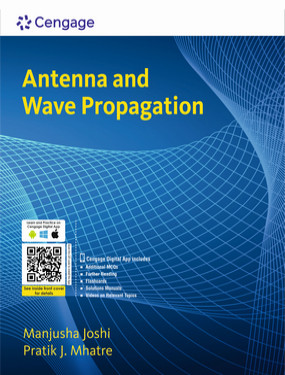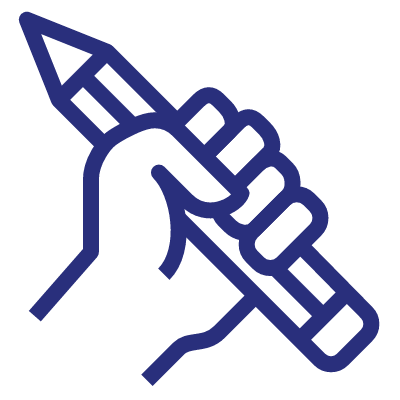'Featuring a variety of applications that motivate students, this book serves as a companion or supplement to any of the comprehensive textbooks on communication systems. The book provides a variety of exercises that may be solved on the computer using MATLAB. By design, the treatment of the various topics is brief. The authors provide the motivation and a short introduction to each topic, establish the necessary notation, and then illustrate the basic concepts by means of an example.
- Promotes problem-solving and critical-thinking skills through the use of MATLAB as a "virtual laboratory" and challenges readers to understand and apply these techniques on their own.
- Presents a basic background of signals and systems.
- Covers the performances of analog modulation and demodulation techniques in the presence and absence of additive noise.
- Companion website includes all the MATLAB and Simulink files used in the text with numerous comments added to most files to make them easier to understand.
- New chapter: Multicarrier Modulation and OFDM.
- New chapter: Multiple Antenna Systems.
- New chapter: Digital Transmission Through Wireless Channels.
- New examples with additional practical real-life engineering problems now included.
- New sections on DPCM, ADPCM, and DM; turbo codes and decoding; LDPC codes and decoding.
- Compliant with the latest version of MATLAB.
- Augmented coverage of Random Processes.
- Revised and updated Simulink supplement with tutorial problems available online.
1. Signals and linear systems.
2. Random processes.
3. Analog modulation.
4. Analog-to-digital conversion.
5. Baseband digital transmission.
6. Transmission through bandlimited channels.
7. Digital transmission via carrier modulation.
8. Multicarrier modulation and OFDM.
9. Transmission through wireless channels.
10. Channel capacity and coding.
11. Multiple antenna systems.
12. Spread spectrum communication systems.
John G. Proakis
John Proakis is an Adjunct Professor at the University of California at San Diego and a Professor Emeritus at Northeastern University.
Masoud Salehi
Masoud Salehi received BS from Tehran University and MS and PhD from Stanford University, all in Electrical Engineering.
Gerhard Bauch
Gerhard Bauch received the Dipl.-Ing. and Dr.-Ing. degree in Electrical Engineering from Munich University of Technology (TUM) in 1995 and 2001, respectively, and the Diplom-Volkswirt degree from FernUniversitaet Hagen in 2001











